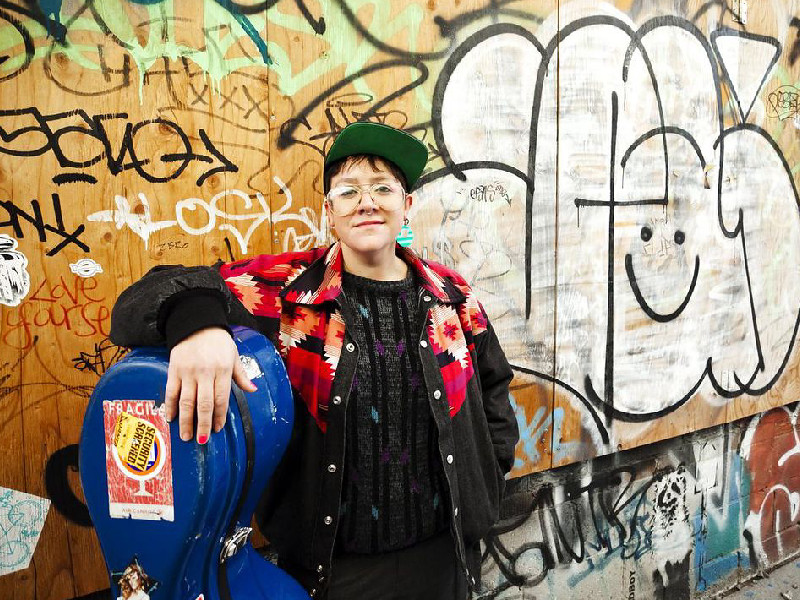|
By Moboluwajidide Joseph For a massive choral production involving eleven choirs and over 200 different performers, what Maada'ookii Songlines does really well is logistical coordination. In telling an important story of Toronto’s multiculturalism, and the need for Indigenous knowledge in creating harmony amongst diverse peoples, it is also successful. What it fails at, if you can even consider this failing, is making the audience feel much. This is not due to any technical oversight: the set is gorgeously constructed, the setting of Toronto’s waterfront is an excellent choice and the singing is quite good. However, the production itself is merely a good spectacle. There is no spiritual connection felt except in small goose bumps during the Indigenous drum circle, and certainly few moments of emotive bliss. The penultimate piece performed of the seven part composition, is the only memorable exception to this. Maada'ookii Songlines for this reviewer was certainly more of an intellectual exercise, in puzzling out what various elements meant within the larger narrative. I did not leave it feeling transformed or wanting to talk about it much. And for me, this is what good art is supposed to do: pluck mercilessly on one’s heartstrings. © David C. | YouTube The story being told seemed one that was obvious and easily recognizable. Maada'ookii Songlines begins with an Indigenous drum circle on the elegantly constructed stage. Then the choirs begin to file up the wooden walkway from different fenced enclosures along the shoreline, where they had been previously singing in their own styles separated from one another. The children come first, picking up torches with different strands of globed lights, acting perhaps as guides to this new land with the lights standing in for what might be taken as ancestral spirits. This juxtaposition is nice: childhood wonder and ancient knowledge. The choirs quickly march up the walkway onto the stage, which is a floating wooden island on a large pond. This could be a symbol for Tkaronto. Drawn from various parts of Toronto and including within their ranks: an all-girl choir, a Black gospel group, and a Ukrainian ensemble, being representative of our inclusive diversity. There are four soloists raised on a roof or constructed platforms, who are reminiscent of the cardinal points and one of whom is a well arrayed Indigenous elder. Three conductors on either side of the pond’s shore and on the walkway, hold this production together well. In the production, the show’s composer, Luminato veteran and Juno Award-nominee Cris Derksen played the cello, as a part of the Indigenous fusion ensemble. Nevertheless, her work speaks for itself, as a thoughtful piece weaving together various musical elements that should be discordant but presents a singular unity. This is the work of an Indigenous artist about her ancestral homeland, and as such it is powerful. What it however is not, is a euphoric rush of complex emotions. If this was the intention of the artist, then the production itself is a brilliant success. If it was not however, then Maada'ookii Songlines could do with a lot more feeling. *Editor’s Note: VIBE105 is the Community Media Partner of Luminato Festival 2019
|
Recent PostsCategories
All
Archives
December 2021
|
|
GET THE APP!
Listen to VIBE 105 anywhere you go!
|
OUR STATION
|
TUNE IN RADIO
|
STAY CONNECTED
|
Copyright © 2021 Canadian Centre for Civic Media and Arts Development Inc. Except where otherwise noted, presentation of content on this site is protected by copyright law and redistribution without consent or written permission of the sponsor is strictly prohibited.






